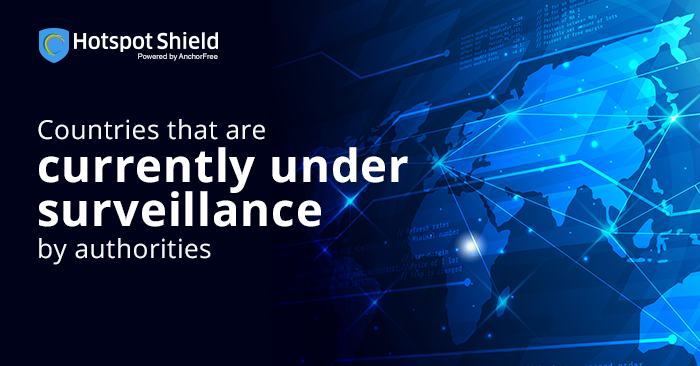How to get a Finnish IP address
The easiest way to improve your digital privacy is to switch your IP address using a VPN. We’ll …

Free and unrestricted content access is the what the internet was built for. The repository of human knowledge and shared information, free access to the Internet freely could be considered a basic human right.
However, this is not always the case. For some reason or the other, Internet access could still be restricted, and still restrained. These reasons are usually tied to politics— tied to the systems of people who wish to maintain their power through the ignorance of others.
Because knowledge is the true value that you can find in the Internet—it’s the ability to expand one’s horizons, and learn how things are elsewhere. And for this same reason, the access to the internet is also restricted from the outside—to prevent the world from looking in. These countries have been labeled as “Enemies of the Internet” by Reporters Without Borders for their repression, surveillance, and censorship of the Internet and free expression.
On the base level, this makes browsing for region-specific content difficult. Here are some countries that are still under content restrictions today, should you travel to or search for them.
As one of the most densely-populated countries in the world, it’s no surprise that China has a strict internet policy. The country has famously denied mentions of Tibet’s independence, the Tiananmen protest and various other expressions of protest against or criticism of the Chinese ruling government. It has also blocked international sites such as Facebook and Twitter.
North Korea is the most extreme case, as all forms of communication (Internet or otherwise) are controlled by the ruling party. Only 4% of the total population has access to the Internet, which is heavily controlled and censored by the ruling government.
The nation of Belarus has seen significant political upheaval over the last decade, with the internet being a major factor in the organisation of protests and dissent. As a result, the government of Belarus has imposed strict laws and penalties on how people express themselves in cyberspace, forming a heavily-regulated network.
While Malaysia’s internet is significantly more open than the other countries mentioned so far on this list, there has been a certain outlook of confusion as to the liberties afforded by their online regulations. While the official stance of the government is that the internet is uncensored, there is evidence of tampering with videos and links that are critical of the current administration or during times of significant political shift.
This may come as a surprise, but the United States has been plagued with issues regarding internet surveillance and censorship. With plenty of servers hosting the majority of the internet’s sites, the U.S. has also come under criticism of using that very same fact to invade user privacy.
There are some of the nations in the world that have restricted access to the internet, or could be considered as having heavily-regulated content access issues. As one of the greatest expression of human freedom, it falls upon the internet’s responsibility to pass regulation, support movements, and help in any way they can to preserve a free and open internet—we must.
Hotspot Shield is one of the premier VPNs out in the market, allowing for a better and more secure browsing experience. Our advanced encryption software ensures that your data is protected at all times. Hotspot Shield is also absolutely free.
Download Hotspot Shield via this link. You may also go to our website for more information and features, or browse our blog for other posts like this, as well as tips on how to navigate with anonymity.
